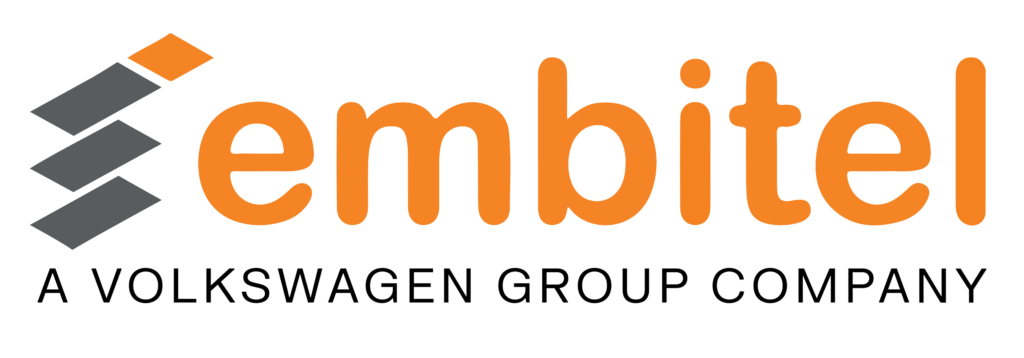The ‘Internet of Things’ is the new disruptive technology that is transforming the entire business world enabling them to explore new channels of revenue, improve customer experience and optimize the operational cost through technological innovations.
From manufacturing to healthcare to agriculture – IoT is everywhere, creating a connected ecosystem to find data-driven solutions to the real world problems.
IoT technology has already become a familiar term with more and more organizations across the industries adopting it as their core business model.
But it is also important to look back and check how successful these organizations have been in adapting to the technological transformation driven by IoT solutions, systems and processes.
In a bid to draw the real picture of how successful are various industries in embracing the IoT, the Economist Intelligence Unit has published a detailed report : ‘The Internet of Things Business Index 2017: Transformation in motion’, sponsored by ARM and IBM.
While at a broader level the statistics related to IoT adoption by various sectors looks promising, an in-depth analysis shows that the adoption has been not so uniform and falls short (at certain instances) from the anticipated results.
An Analysis of the IoT Business Index Report :
The report takes into account response from around 825 senior business leaders, from around the world and from different industries such as IT, healthcare, manufacturing, automotive, real estate, financial services – to name a few.
The report underlines the fact that the entire business world sees IoT as the key driver of the digital transformation in the coming times and believes that IoT technology is important for their success in the future.
But what makes IoT the future of business? As per the report survey, following are the main premises
- IoT is changing the way the organizations create and capture customer value.
- IoT enables ‘interoperability within ecosystems’ through a high-profile network of connected devices that collect and transfer data in real time.
In this context, the IoT Business Index report found out that:
- 22% of the executives surveyed feel that IoT has opened up new revenue opportunities from existing products and services.
- 16 % survey respondents said that IoT has unlocked new business opportunities allowing the organizations to enter new markets and industries through.
- Many organizations (15%) believe that IoT will have a greater impact through internal cost savings.
- 47% of the organizations believe that the IoT will be a crucial component of their digital transformation strategy.
Adoption of IoT Across the Industries:

Image courtesy: The IoT Business Index 2017
According to the IoT Business Index report, while IoT adoption across the industries and geographical regions have been positive , majority of the respondents of the survey felt that they were not able to achieve IoT development as good as they had expected.
Here are some interesting results from ‘Industry’ and ‘Region’ stand-point:
- IT is leading in IoT adoption in external operations:In comparison to the survey done in 2013, the sectors that are leading in early IoT implementation within their products and services are- IT and technology (with a score rising from 4.33 in 2012 to 6.04 in 2016), followed by the financial services (from 3.46 to 5.44), and subsequently consumer goods and retail (from 3.68 to 5.02).
Although, the Construction and real estate sector has a negative IoT index that has gone down from 3.86 in 2013 to 2.89 in 2016, it is reported that the industry is slowly progressing towards IoT implementation with a subsequent growth being driven by firms dealing with property management which hold the future of IoT in the sector.
- Infrastructure leads in IoT implementation in internal operations:With an IoT index of 5.02, the infrastructure industry comprising of transport, logistics and telecommunications is the frontrunner.
Finance sector with a score of 4.9 comes second, followed by the energy and natural resources sector and subsequently outsourced facilities management with a score of 4.69 and 4.51 respectively.
- IoT adoption has not been as dynamic as anticipated:One in ten companies surveyed have reported and “extensive” adoption of the IoT technologies for both external as well as internal operations. 56% “somewhat” or “strongly” agree that their progress with the IoT implementation has not been as fast as they had anticipated.
- Europe is the frontrunner in IoT adoption:Compared to the overall cases in 2013, Asia-Pacific has shown a narrow progress with its IoT index growing from 4.35 to 4.53 in 2016. On the contrary, the North American index for internal IoT adoption has dropped down from 4.00 to 3.78 in 2016. Leading the way is the European businesses, which have a regional score on internal operations rising from 4.39 in 2013 to 4.64 in 2016.
Top Challenges in Embracing IoT as a Business Model:
In spite of the overwhelming responses across the industries and verticals towards IoT implementation, there are considerable issues and organizational challenges that are keeping the business entities from achieving what they regard as ‘extensive’ implementation of IoT as a mass market tool.
The survey respondents feel that in order to understand and address these roadblocks, there is a need to:
- Understand how companies must adapt their internal structures with transformative nature of an IoT ecosystem consisting of connected devices that are capable of communicating with each other.
- Analyzing the ‘go-to market strategies’ of various firms.

Image courtesy: The IoT Business Index 2017
- Expensive IoT infrastructure: Higher costs of infrastructure needed in building an IoT based ecosystem (voted by 29% of the companies surveyed)
- Security and privacy concerns: About 26% of the executives surveyed say that IoT system poses a significant level of security and privacy threats that keep them from making that huge leap to an IoT enabled business.
- The security and privacy concerns have been triggered majorly by the instances of cyber attacks such as the distributed denial of service (DDoS) attacks ( chiefly the Dyn breach that caused considerable harm by driving malicious traffic to infected IoT devices, making them inaccessible to legitimate users).
- Malware that target the connected IoT device. In a well-connected setup like the IoT where a large number of critical devices, collecting sensitive data , are accessible online, there are higher chances of hacking and malware attacks that can lead to critical situations such as data manipulation, loss of business etc.
Such security scams, the surveyors feel that can prompt government regulatory bodies to mandate certain IoT Security Standards, which could further slowdown the IoT adoption.
- Managing the volume and variety of data from various sensors: Another challenge posed by IoT is managing the large volume of data from various sensors installed within the network. This may challenge organizations’ existing data analytics capabilities if they are not capable of managing large chunk of unstructured data.Majority of the data specialists today have experience working on neatly structured data, pulled out from various OS’s and categorically stored in relational databases.
Probable solution: Data specialists are far more accustomed to working with structured data drawn from operational systems that fit neatly into the strict format of rows and columns offered by a relational database. One way to deal with this situation, according to the survey respondents, is to ensure that the organizations are capable of using advanced analytical algorithms while collecting data in time-series databases and event-stream processing platforms.
But What are ‘they’ Doing Towards IoT Adoptions:
Business organizations across the world are implementing continuous measures with the aim of using IoT extensively in their businesses. A significant number of organizations (35%) are learning from the experience of early adopters and chalking out their own strategy in accordance. Another 35% are already seeking advice from third-party consultants to implement the best IoT strategy.
One-third (33%) say they have already taken steps to train existing staff to work with the IoT, while 27% are either conducting or sponsoring research to analyze the overall market size and demand.
Some of the firms such as the German carmaker Daimler , with a sound IoT strategy in place, have managed to harness IoT’s potential to create new demand and deliver more futuristic business offerings. Daimler’s car2go service, a ‘free floating’ car sharing application that enables its users to use shared cars as and when needed, has used IoT to solve real world problems of traffic, parking space crunch, pollution etc.
Similarly, ISS, a Danish facilities management service, has been harnessing IoT functionalities to learn occupant behavior and usage of facilities using sensors embedded into the building structures, and helps their clients with relevant advisory services.
What is the Future of IoT?
While overall results around IoT implementation as a business tool have been rather dull, about 47% of the executives across the world still agree that the IoT will be one of the most important parts of their organization’s digital transformation strategy.
And this is where the planning and execution to build a long term IoT strategy has to happen that not only addresses the current organizational challenges but also makes it possible for any business, independent of the region or vertical it belongs to or size of its operations, to easily adopt IoT without getting bogged down.



